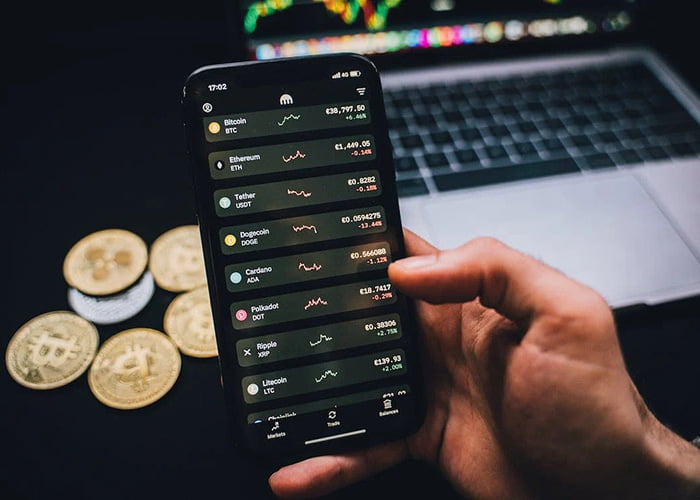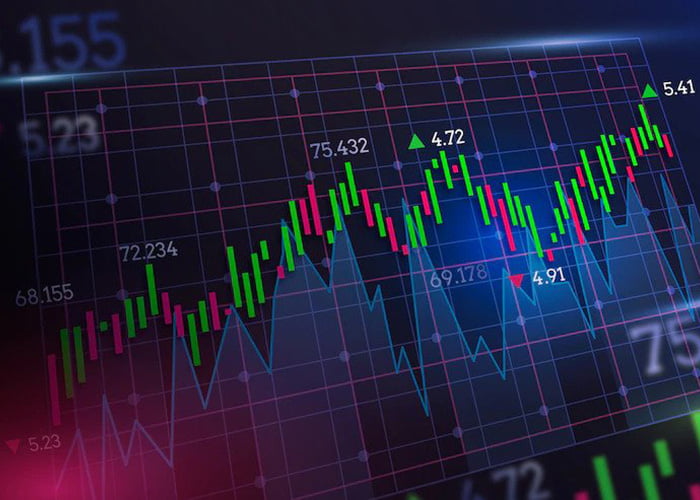- TRADING PLATFORM REVIEWS
- TRADING PLATFORM UK
- BLOG
- CONTACT US
Leverage trading is a tool that allows you to trade on margin. This means that the broker will lend you money to buy your investment, which can be in excess of what you have in your account. Here are some things that you should understand.

Leverage trading is a tool that allows you to trade on margin. This means that the broker will lend you money to buy your investment, which can be in excess of what you have in your account. Here are some things that you should understand.

The first thing to understand is what we mean by leverage. In finance, leverage refers to the use of borrowed money to amplify the returns on investment. Margin is a type of collateral that you pledge when you borrow money from a broker, and it helps reduce the amount of cash required for a trade. Leverage trading refers to any transaction involving borrowed securities or funds – buying on margin, selling short, or using options.
For example, if you wanted to buy £50,000 worth of shares but only had £5,000 in your account, leverage trading would allow you to borrow £45,000 from the broker and use this money as if it were yours. This way, you will end up with an extra £45,000 invested in the market for no extra cost than if you had saved up the money yourself or used other methods of borrowing like credit cards or personal loans.
The key difference between these terms lies in their purpose: leverage can help you make more money from your investments; margin lets an investor borrow money against his existing portfolio, and leverage trading allows you to make trades with borrowed funds (even if those funds come from another account).
Leverage trading is a high-risk way to trade stocks. It involves borrowing money from your broker to buy a stock and paying interest on the amount you borrow. This means that if the price of the stock goes up, you can make more money, but if it goes down, then you could lose more than the value of what you paid for it.
Here are some other things you should know about leverage:
What is margin trading? Margin trading allows investors to borrow money from their brokers in order to buy more stocks than they have cash for. The investor only has to put down a small percentage of this borrowed amount as collateral and pays interest on that amount until he or she pays off the rest of it—which may take several months or years depending upon how many shares were bought using leverage and what sort of plan was set up beforehand between him/herself along with his/her broker representative(s).

Let's take a look at how this works in trading.
Let's say you have £5,000 and want to buy 100 shares of Apple stock. You place an order with your broker, who then purchases the shares on your behalf at £100 per share. Apple is currently trading at £110 per share; however, you only paid £100 per share because of leverage. Your investment is now worth £5,000 (100 x £100 = 10,000).
Now let's say that instead of using leverage, you have decided to trade without it - meaning that instead of buying 100 shares at once, you decide to buy just one share for $1,000. That one share would still cost you all of your money: no cash left over after purchasing the single share and being "fully invested."
It's important to remember that leverage trading is a tool, not a requirement. The best leverage for trading is the one that suits your style and risk tolerance. Some traders like to trade small amounts of money with high leverage, while others prefer to use small amounts of money with low or no leverage. It all depends on your personal preferences and goals as a trader.
As a general rule, having more capital at your disposal will give you better opportunities for making profits by buying larger amounts of assets than those with less capital available. All else being equal (i.e., same market conditions), someone who has £10k will be able to buy more shares than someone with £1k because they'll have more buying power in the market. Thus increasing their chances of capturing big gains if the price goes up significantly before they sell out their position at any point along its upward journey before finally reaching its peak price level.

You need a high leverage broker because you want to trade with more money. If you use a low leverage broker, you will not be able to trade as much and therefore lose out on potential profits that could have been yours.
However, this doesn't mean that if you choose a high leverage broker over another (say 2x vs 1x), your odds of making more money are automatically better. On the contrary, if there's no risk management strategy in place when choosing a particular level of leverage, your chances of losing out on profits are higher than ever!
Leverage trading is a double-edged sword. On the one hand, it can help you make more money than usual in a short amount of time. If a stock goes up 20% after opening at £10 per share and you're using 3x leverage, your profits are going to be 60%. However, if that same stock loses 30% after opening at £10 per share and you're using 3x leverage, then your losses are going to be 90%.
There's no escaping market volatility; all investments involve some degree of risk (even those that seem pretty safe). That said, there are ways to protect yourself from some losses by controlling the size of your trades: only trade what you can afford to lose!

Leverage trading is a double-edged sword. The benefits of leverage can be tremendous, but it also has its risks.
If you're going to trade on leverage, make sure you understand these important points before starting:
Leverage trading is risky. It is important to understand that every type of investment carries risk. It's up to you as an investor to determine how much risk you are willing and able to take in order for your investments to meet their goals and objectives. Leverage trading can be a great tool for making money very quickly, but it can also lead to huge losses if used incorrectly or by those who don't know what they're doing.
Use caution when deciding on the amount of margin (or initial collateral) required by your broker or exchange platform before entering into any transaction involving leveraged instruments such as futures contracts or options contracts.
If possible, do not use your personal savings accounts as collateral for trades; instead, choose other types, such as margin accounts which allow greater control over funds accruing interest while awaiting repurchase at the maturity date.
You can trade with less money if you use leverage, but this doesn't mean that you should disregard the risks associated with trading. This means that when you are using leverage, even a small move in your favor will significantly impact your profit because of the increase in buying power.
We hope this article helped you understand how leverage works and why it's one of the best tools for trading. We also highlighted some risks to be aware of when using leverage to protect your investment and avoid losing money.
If you are looking for the best leverage trading platform, consider Trading Platforms UK. We offer a variety of platforms that cater to different types of traders, so you can find the one that best suits your needs. All the information required to select the trading platform that's right for you is available at a glance on our website. Visit us today and start trading with confidence!






2022 © Copyright Trading Platforms UK

